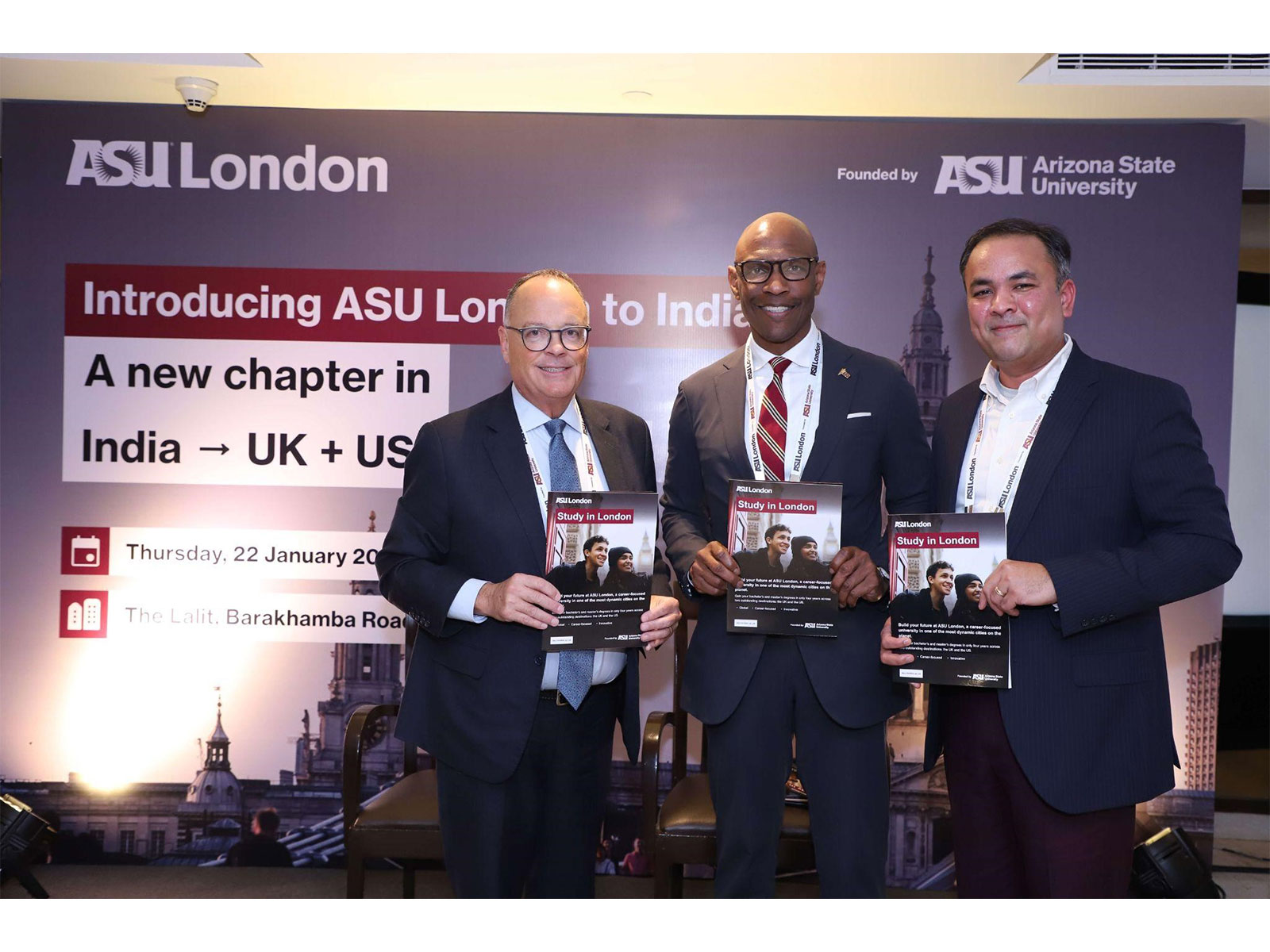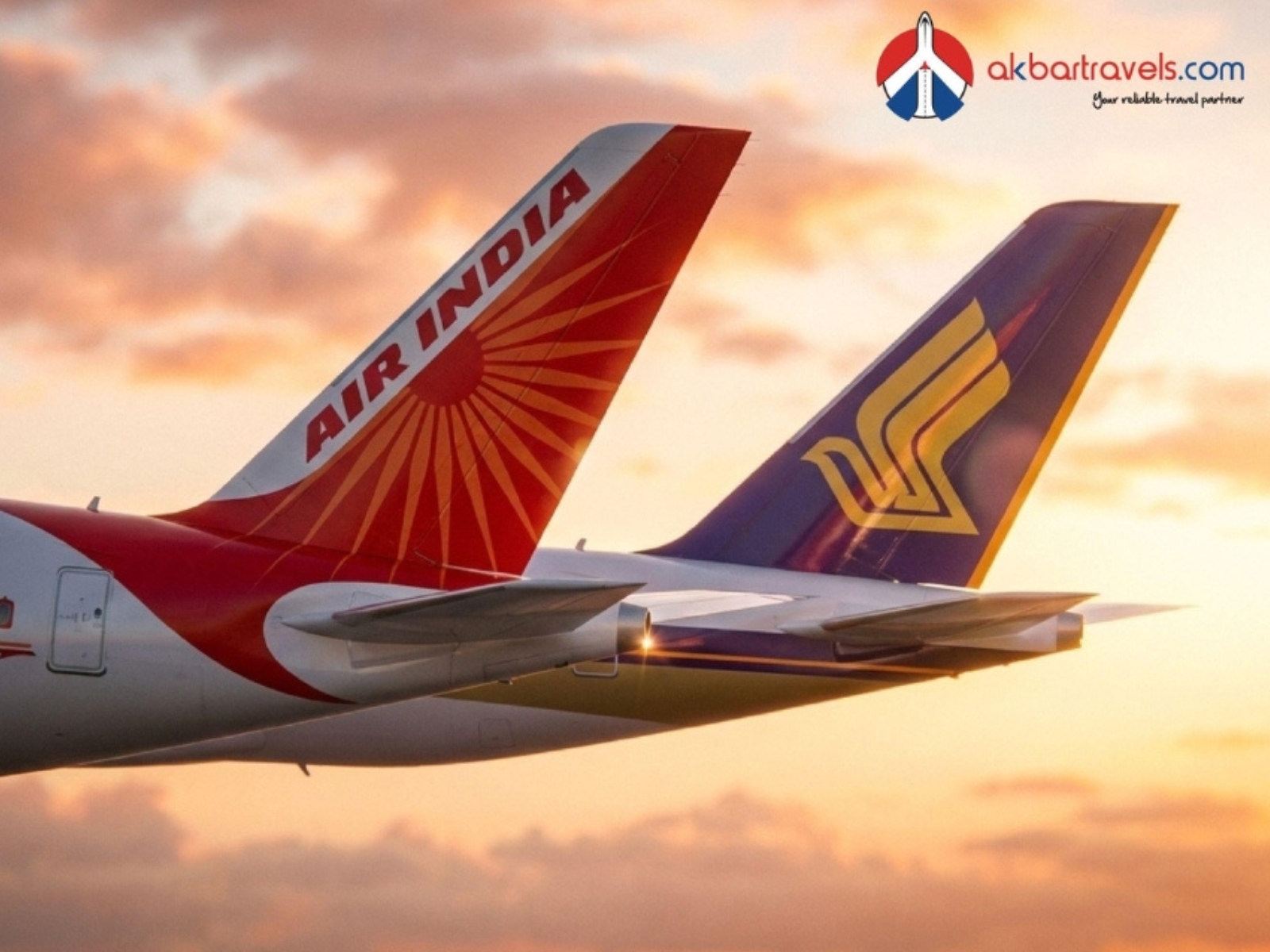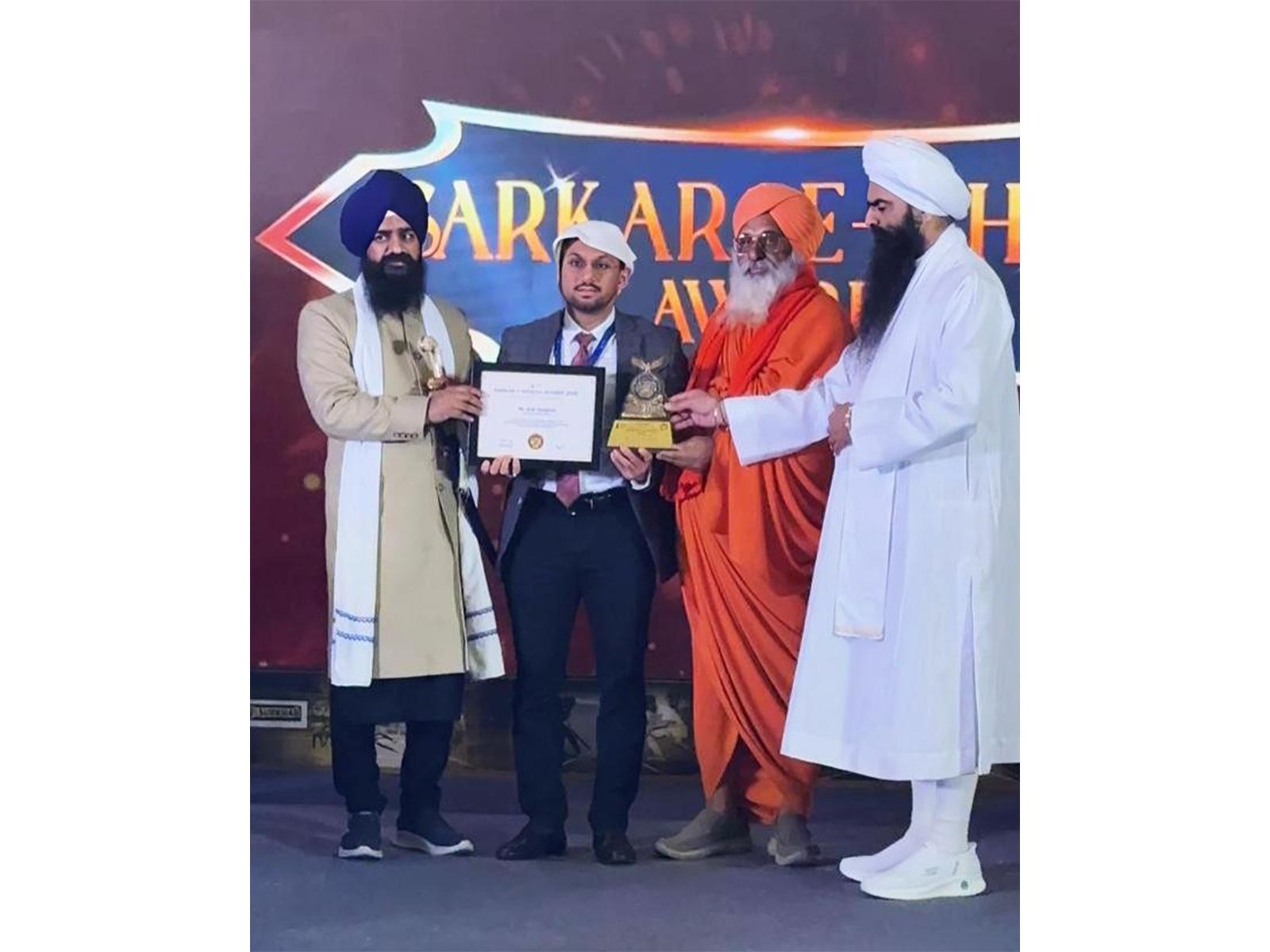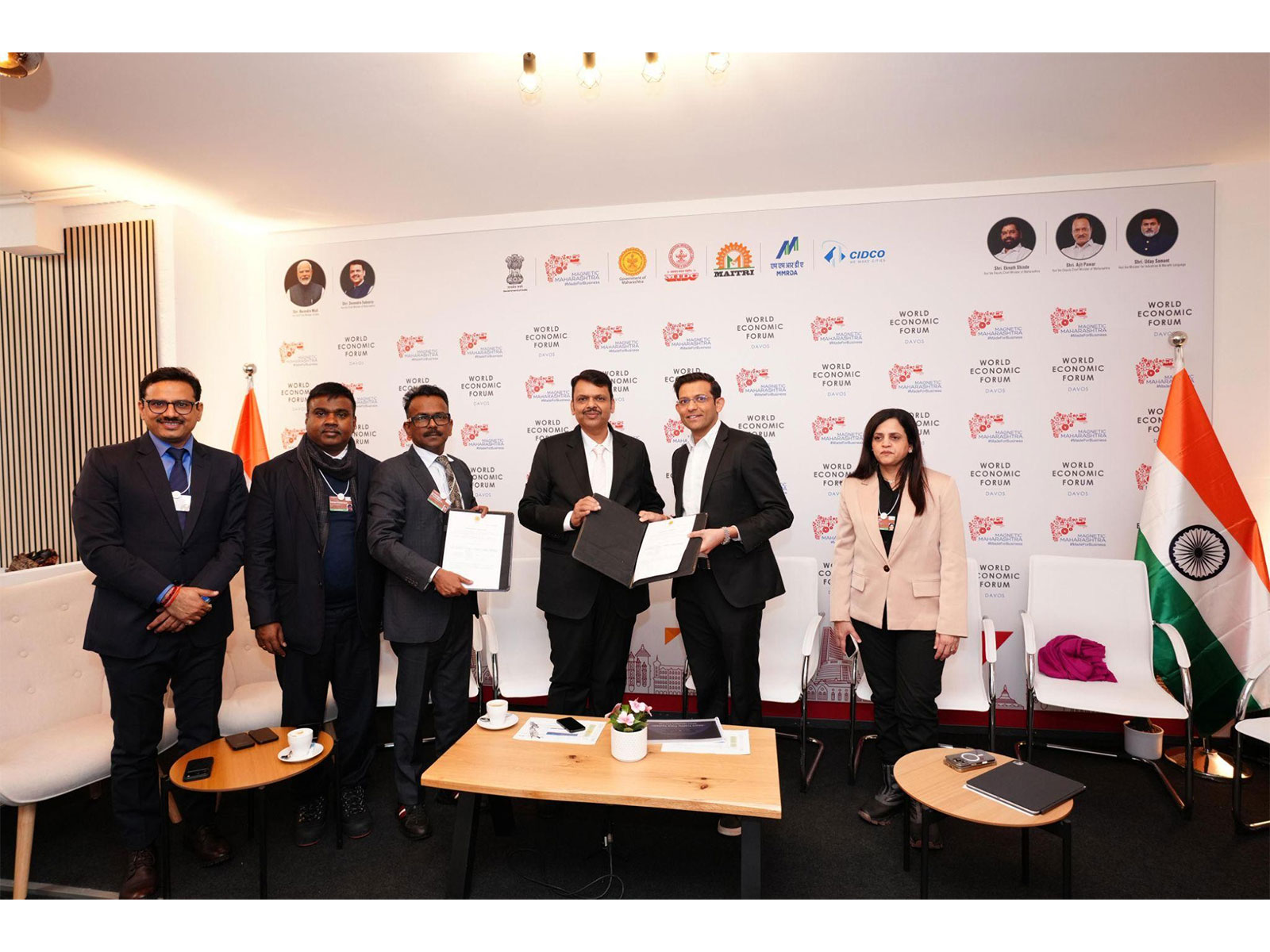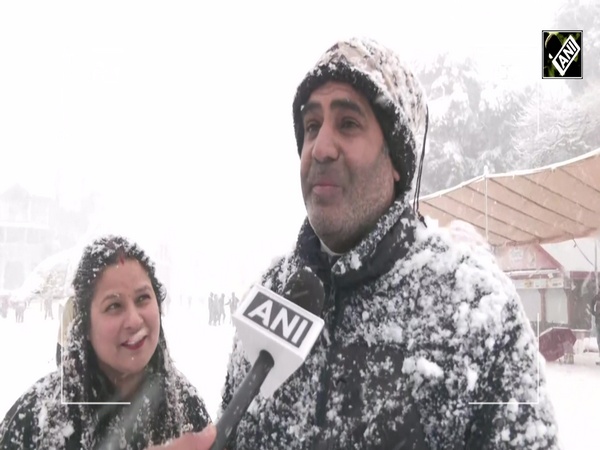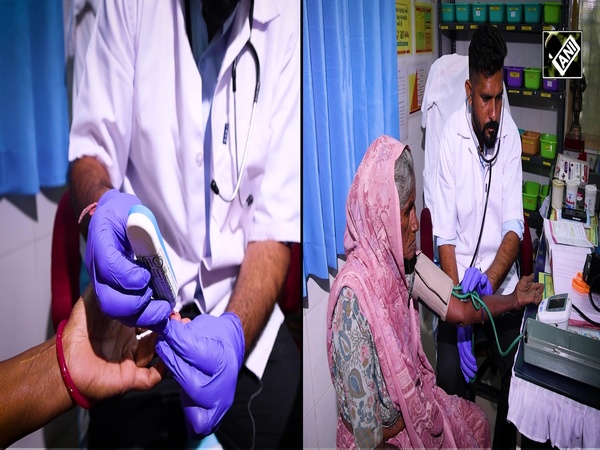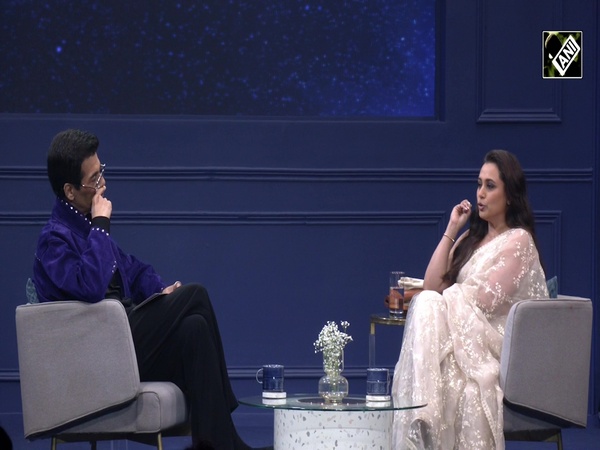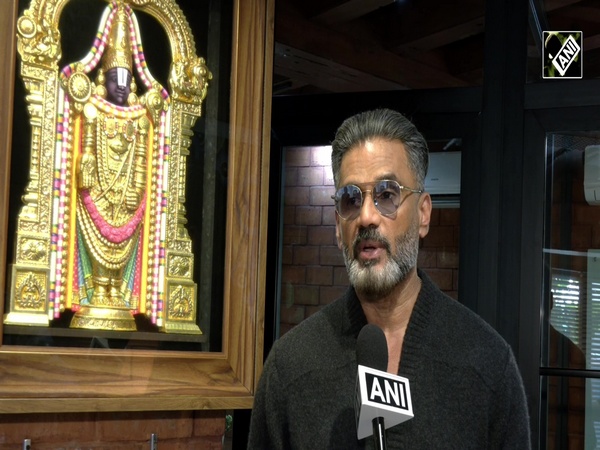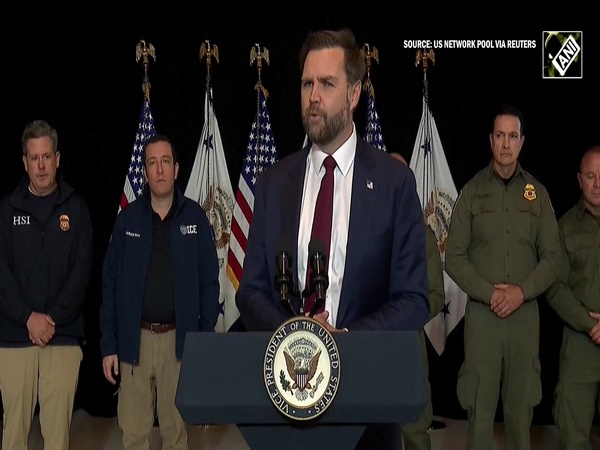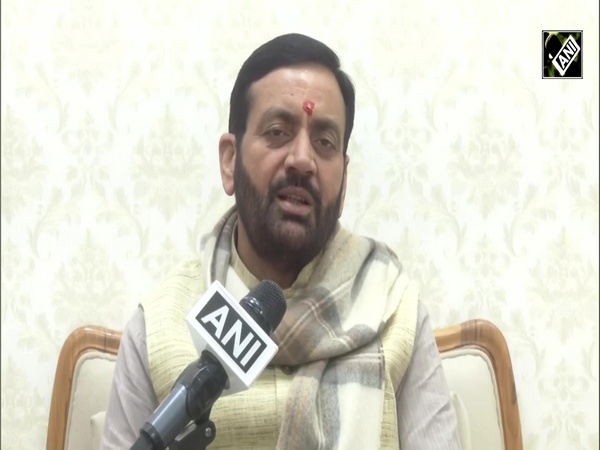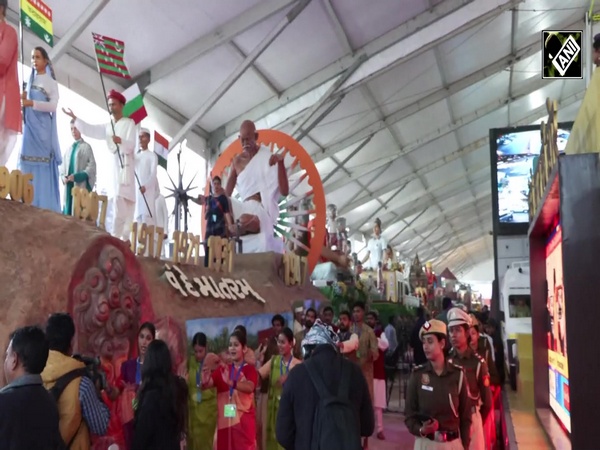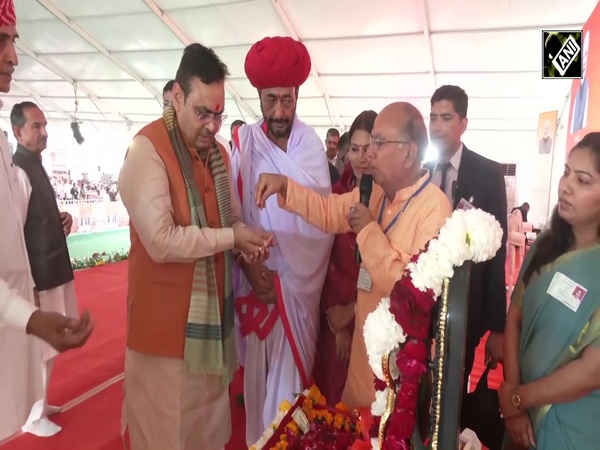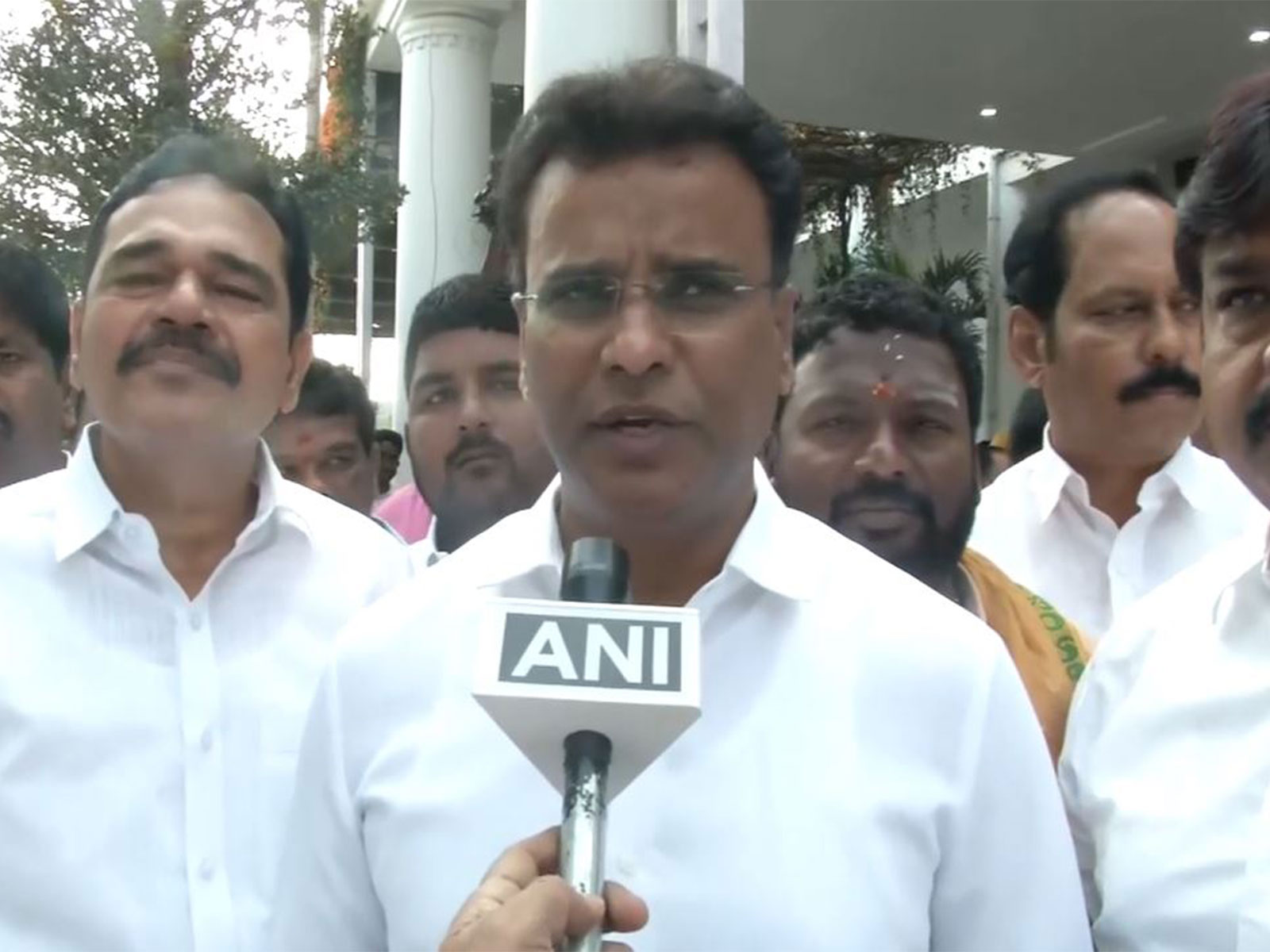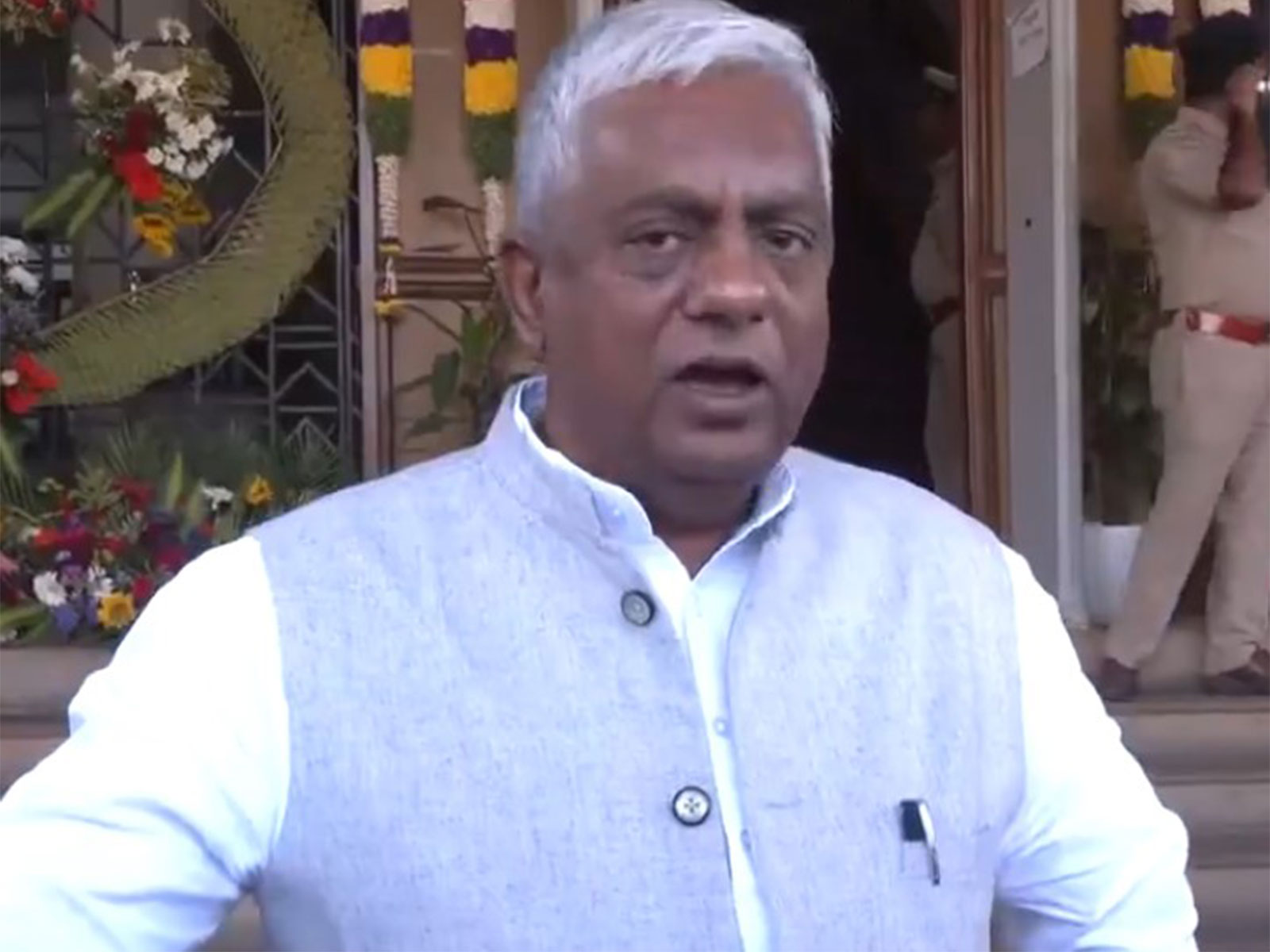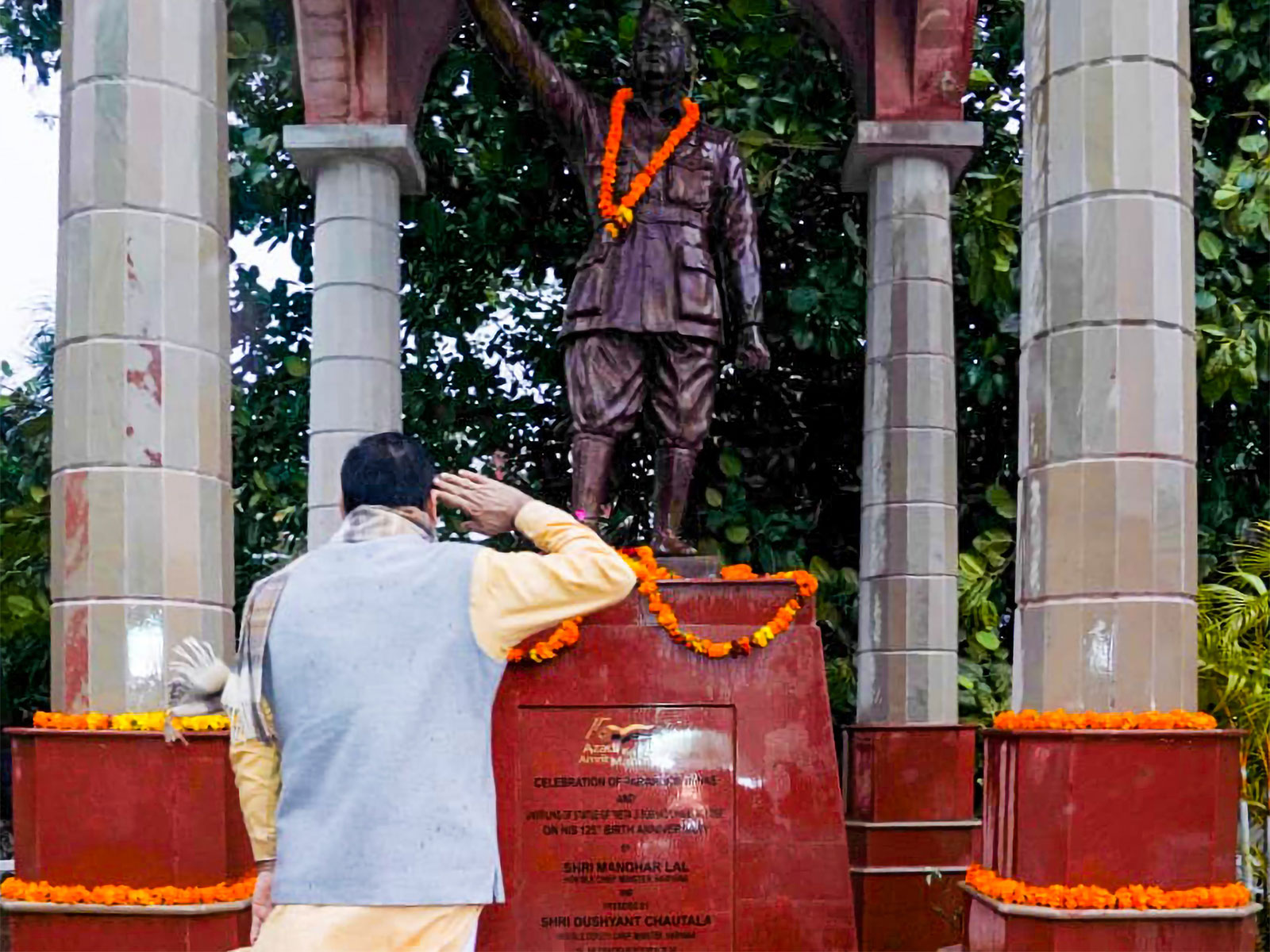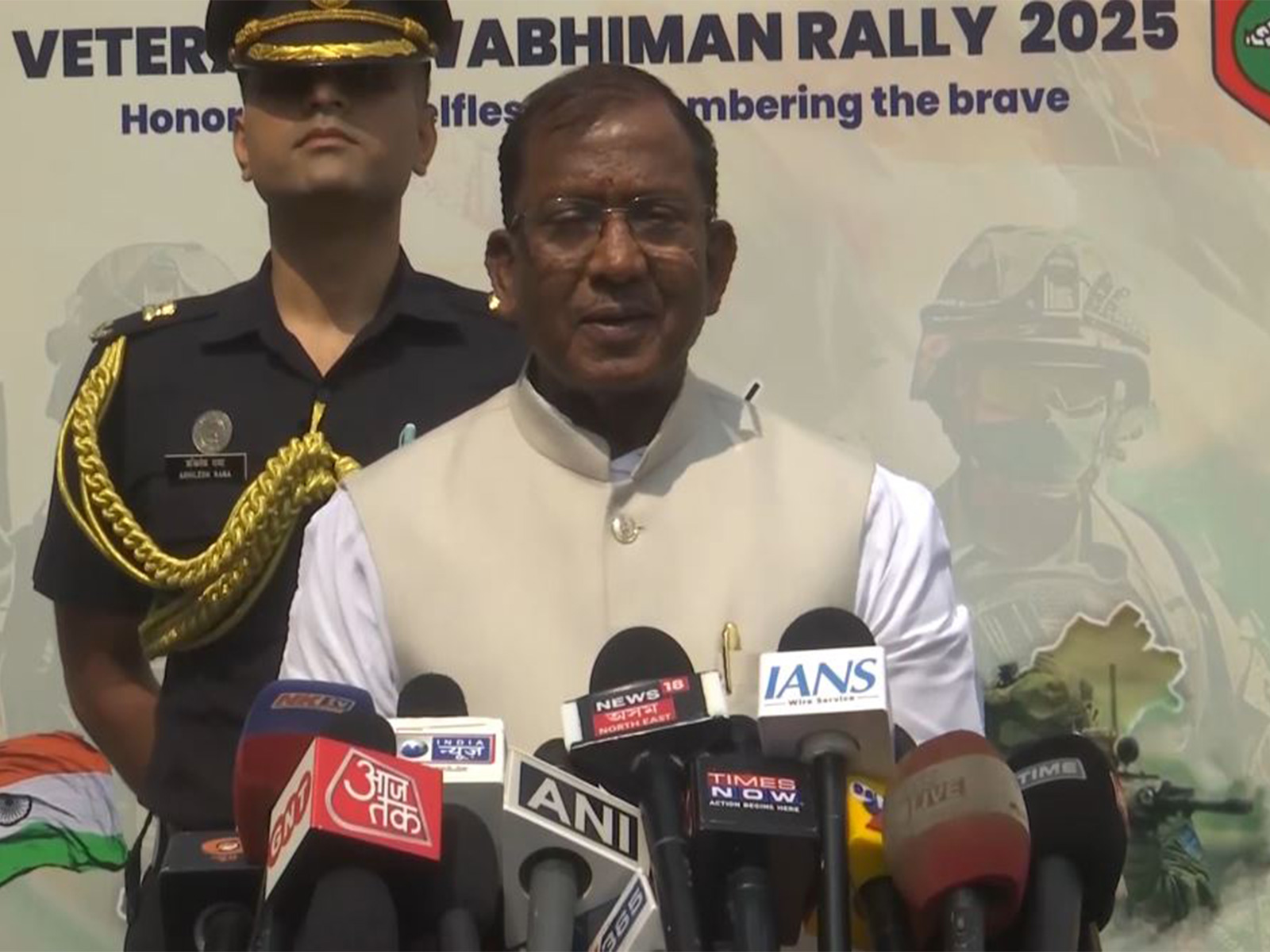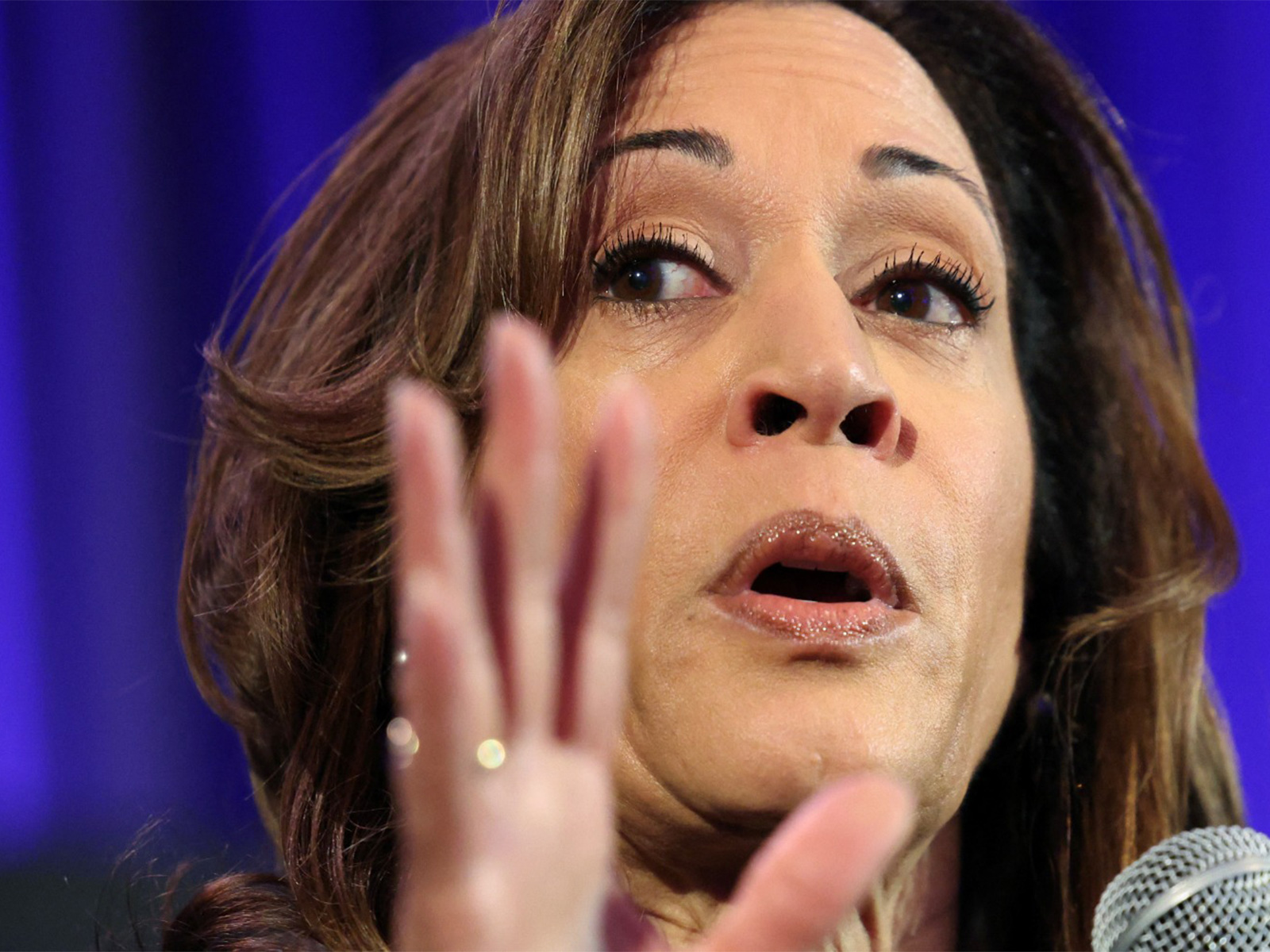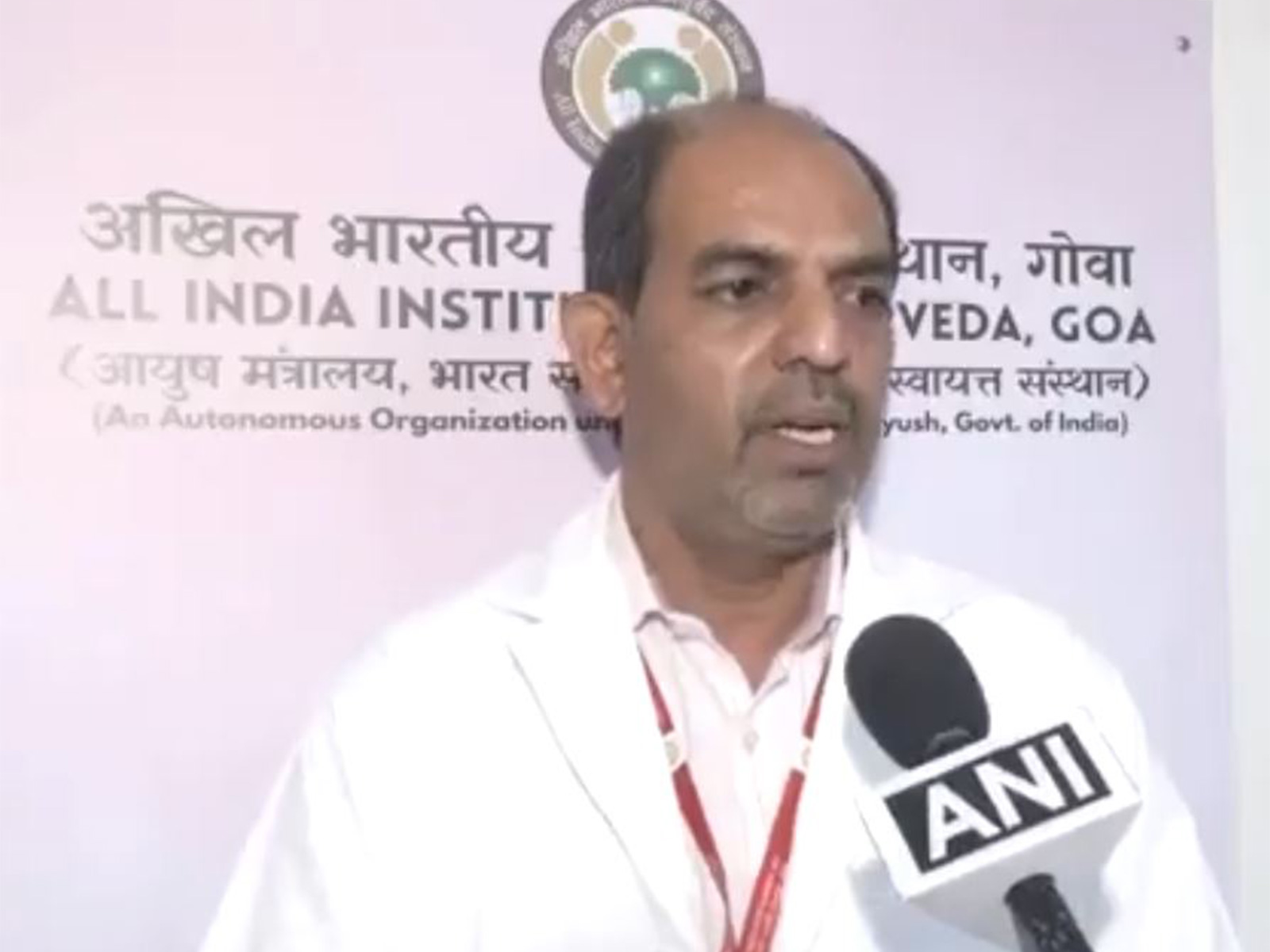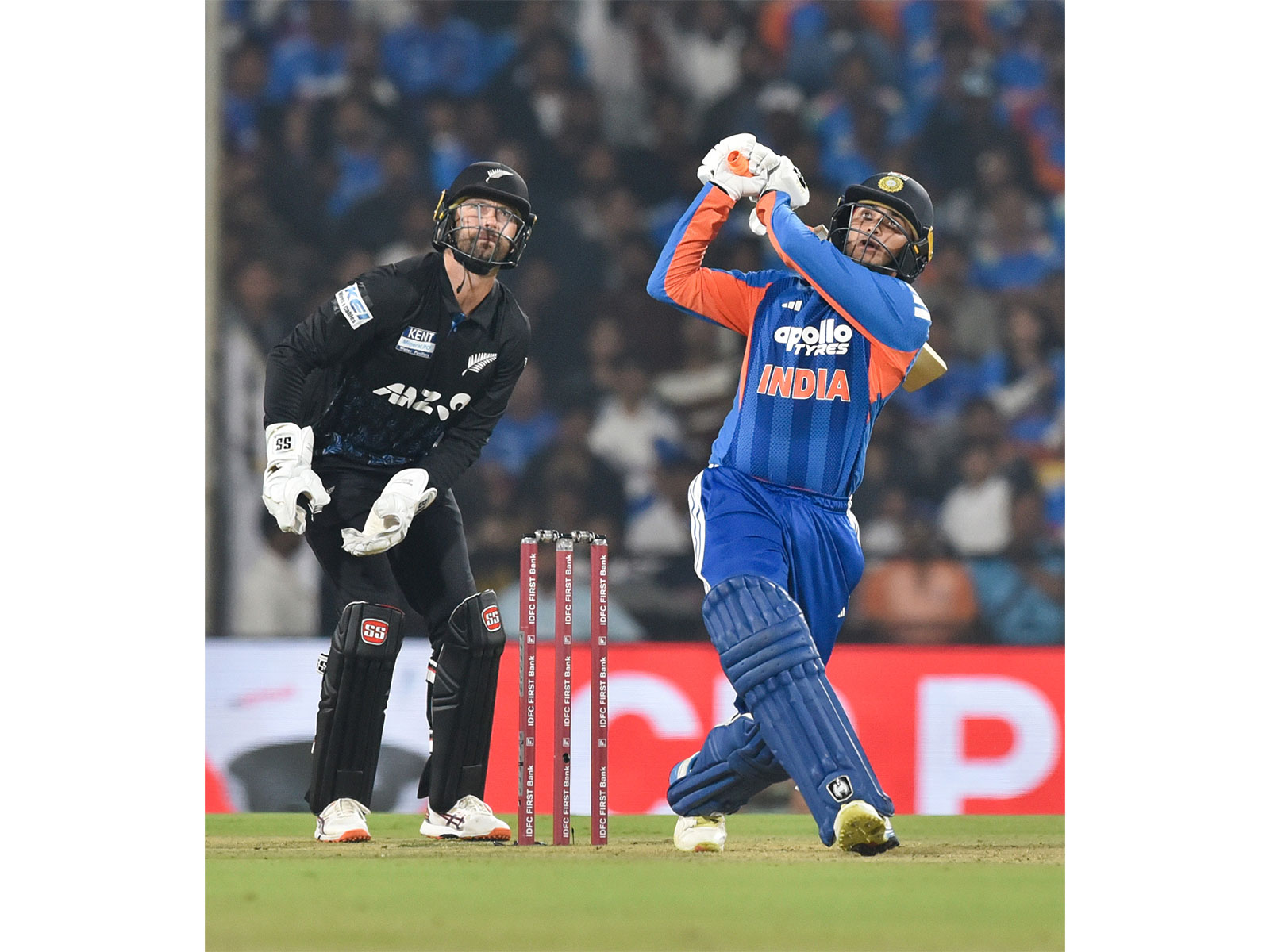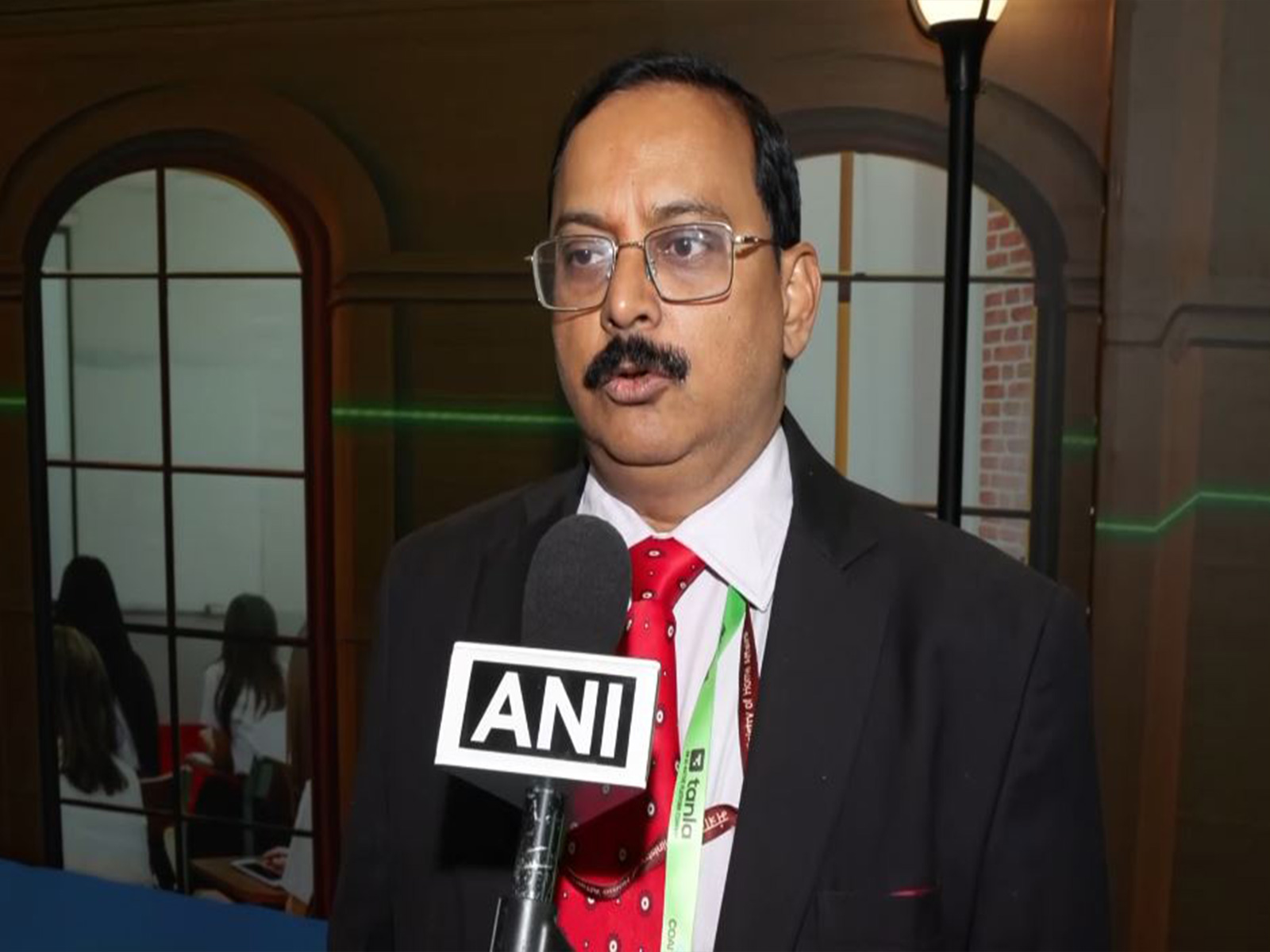
NCA signs first global MoU with GSMA to boost telecom innovation, Atul Sinha
Oct 08, 2025
New Delhi [India] October 8 : In a significant move to elevate India's telecom and digital infrastructure, the National Communication Academy (NCA) has signed its first global Memorandum of Understanding (MoU) with the GSM Association (GSMA), marking a milestone moment in India's pursuit of global collaboration in digital transformation.
At the heart of this development is Atul Sinha, Director General of National Communication Academy-Technology, who shared insights in an exclusive interview with ANI shortly after the pact was signed in the presence of Minister of Communication Jyotiraditya Scindia at the India Mobile Congress.
"This MoU will unlock a new era of collaboration," Sinha said. "GSMA brings with it decades of global experience in policy, innovation, and telecom standards. Together, we will foster capacity building, joint research, and exposure to emerging technologies such as IoT, AI, and quantum communication."
While the NCA has previously partnered with leading Indian institutions, this MoU with GSMA marks its first international agreement -- and a powerful one at that.
"This is not just an MoU; it's a strategic alignment with the future," Sinha emphasized. "The scale of GSMA's experience, from spectrum policy to digital transformation frameworks, will empower our officers and institutions to think and act globally."
The MoU is designed to facilitate joint research, knowledge exchange, and training programs for professionals from both public and private telecom sectors.
According to Sinha, the collaboration will not only modernize existing training modules but also introduce cutting-edge subjects such as artificial intelligence, cybersecurity, and 5G governance.
Sinha was quick to credit the role of leadership and institutional support in making the partnership a reality.
"The Minister of Communication's vision was crucial. His leadership enabled this international engagement, ensuring we align national priorities with global innovation," he said.
This MoU is just the beginning. Sinha hinted at future collaborations with top-tier global universities, particularly in the US and UK.
"We are exploring MoUs with renowned institutions for specialized domains like quantum communication, security, and AI. But these areas are strategic in nature and will require careful government approvals. It may take time, but the process has begun," he revealed.
The NCA is also considering new frontiers in telecom convergence.
"We are looking at integrating terrestrial and non-terrestrial networks. The future of connectivity lies in seamless transitions between satellite and ground-based systems -- and we want to be ready," Sinha added.
For Sinha, the MoU isn't just about paperwork -- it's about creating a culture of continuous learning and global alignment.
"India needs global thinking in telecom," he stated. "As the world moves toward AI-powered networks and spectrum-sharing models, our workforce must be ready. This MoU ensures that our officers, policy-makers, and innovators can learn directly from global best practices."
The GSMA represents over 750 mobile network operators and nearly 400 other companies in the mobile ecosystem. Its collaboration with the NCA is expected to catalyze policy innovation, spectrum efficiency, and inclusive digital growth in India.
"This is a moment of transformation," Sinha concluded. "We are not just catching up with the world we're preparing to lead it."
With this move, India positions itself not only as a growing digital economy but as a thoughtful, strategic player in the global telecom arena ready to collaborate, learn, and lead.




